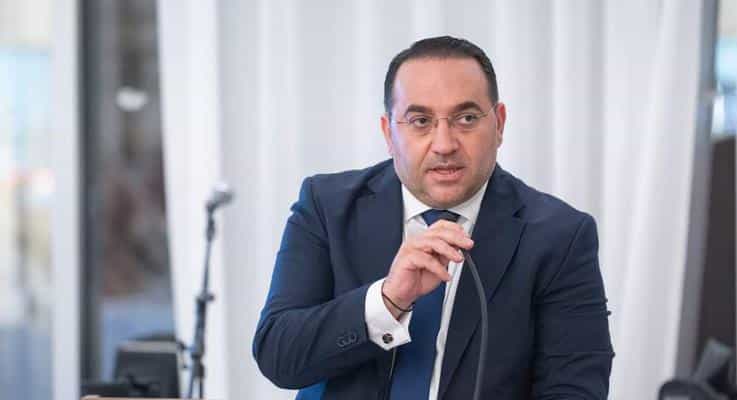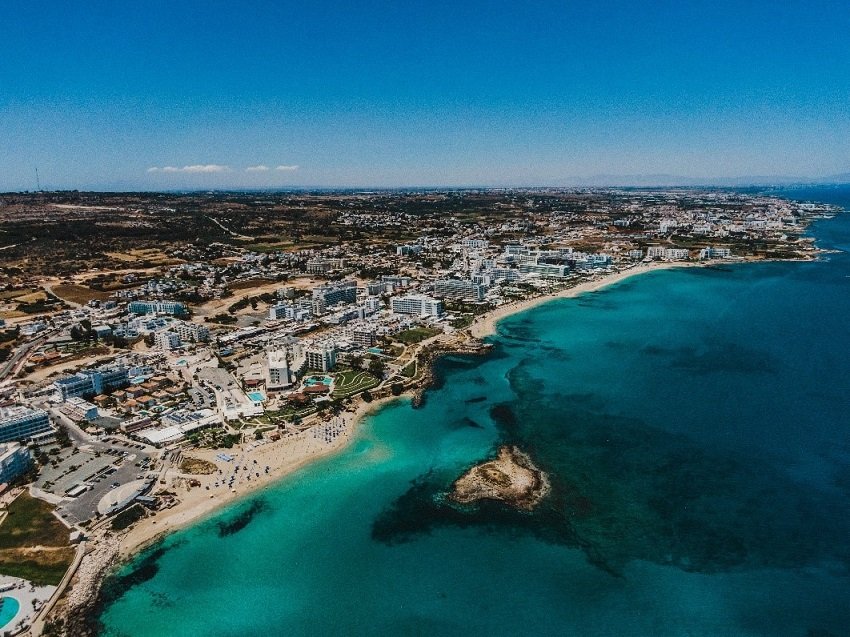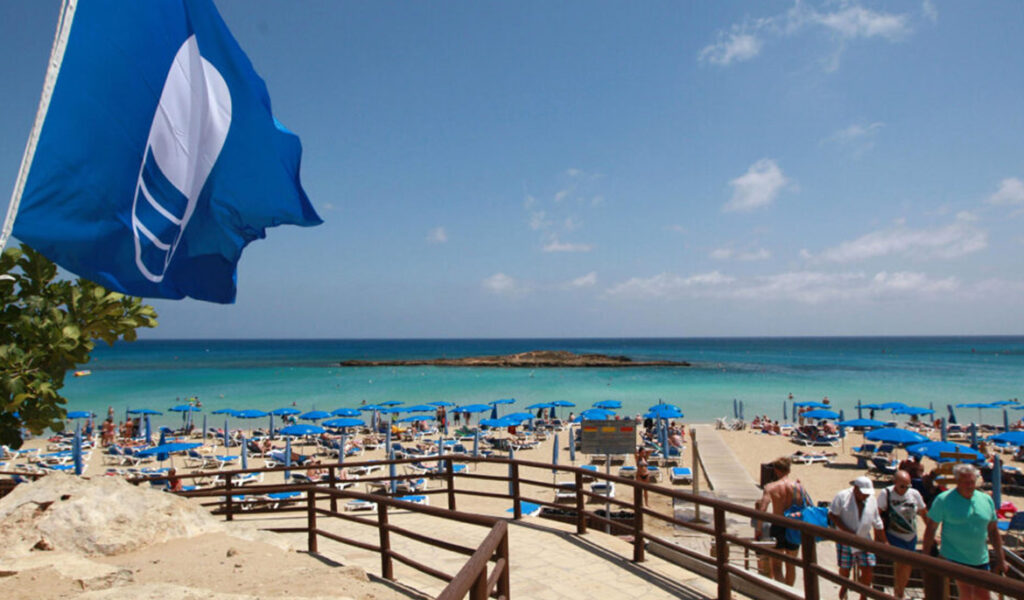Deputy Minister of Tourism Kostas Koumis this week said that “a sustainable destination is one that respects both its visitors and its own resources, both natural and human”.
Koumis’ comment came during his participation at the annual tourism conference organised by the Association of Cyprus Tourist Enterprises (Stek).
This year’s event, held in Nicosia, revolved around the theme of ‘Tourism: New Realities Demand a More Competitive Model’.
Addressing a roundtable discussion on the contribution of tourism to the economies of Cyprus and Greece, the deputy minister highlighted the sector’s significance, noting that tourism contributed 12.8 per cent to the GDP of Cyprus this year.
He pointed out that the value of tourism began to be recognised on a pan-European level after 2000, especially during the pandemic.
For the first time, he noted, discussions emerged about creating a common tourism portfolio, supported by major companies, which could help address the challenges faced by various destinations.

“We must dedicate ourselves both to the advantages, for their further improvement, and to the disadvantages, in order to mitigate them,” Koumis said, noting reduced air connectivity during the winter in issue that requires addressing.
He also spoke on the importance of climate change, which, as he said, has evolved into a huge threat, as it may lead to the loss of a significant number of visitors, who may prefer other destinations with milder climates.
Regarding the ministry’s plans in terms of seasonality, which, as he said, is a feature of many Southern European countries’ tourism sector, he mentioned that Cyprus has raised the issue at the European level.
He said that he has asked the EU to take certain initiatives, proposing that European citizens have the opportunity, with European funds, to visit destinations within the union during low-visitor months.
He added that his ministry has collaborated with the Ministry of Labour to improve the existing vocational training scheme, which is available to businesses, providing support to the employment sector.
Furthermore, the minister stressed the need to improve air connectivity and enhance Cyprus’ tourism product during winter, citing sports tourism and targeting Middle Eastern markets due to geographic proximity.
He added that the Deputy Ministry of Tourism provides incentives to industry businesses to accelerate their digital transformation.
This was the most negative aspect identified by the Tourism Observatory based on visitor comments on online platforms, concerning the level of available technology in tourist accommodations, he explained.
“A sustainable destination is one that respects its visitors, but at the same time respects its own resources, both natural and human,” Koumis said, noting that this should clearly be the direction the sector should follow.

Myron Flouris, Secretary-General for Tourism Policy and Development at the Greek Ministry of Tourism, referring to the natural disasters that struck Greece last year, called on all stakeholders in the tourism sector in Cyprus to invest in planning and prevention so as to enhance resilience.
He also discussed the dimension of sustainability in the tourism industry, which, as he mentioned, includes not only the economic aspect but also the corresponding social and cultural aspects, noting that the approach to sector development should gradually shift from quantitative to qualitative.
Alexandros Thanos, an approved advisor for the Greek Tourism Confederation (SETE) said that the private sector is not in competition with state authorities, but is able to provide well-founded recommendations based on data and to contribute to shaping the future framework.
He added that tourism is horizontally integrated into Greece’s economic activity, contributing about 25 per cent to GDP.
He highlighted the imbalance in revenue levels among the country’s regions, as 5 out of 13 regions collect 90 per cent of annual revenues during a 5-month period.
In addition, he said that there is a need to find new economic incentives for the development of sectors such as film production and conference tourism.
Meanwhile, Stek president Akis Vavlitis emphasised the strong influence of seasonality in Cypriot tourism, with adverse effects on employment and investment mobilisation during the winter months.
He added that strategic planning with the contribution of the state and all stakeholders is needed.
Additionally, Vavlitis also called for expedited procedures for the arrival of workers from third countries, helping to cover the major need of staff, as well as an increase in the funds provided by the state to the Deputy Ministry of Tourism.
The discussion was preceded by presentations on green transition and sustainability in tourism, where the risks arising from evolving climate change for the tourism product of countries such as Greece and Cyprus were highlighted, as well as the cost it entails for the sector’s businesses to transition to the green economy and sustainability.
Finally, in another section, the new trends and challenges of the hospitality sector were presented, with the common conclusion of the speakers being the need for tourism businesses to target the human factor, while offering authentic experiential experiences in unique destinations. Cyprus Mail



